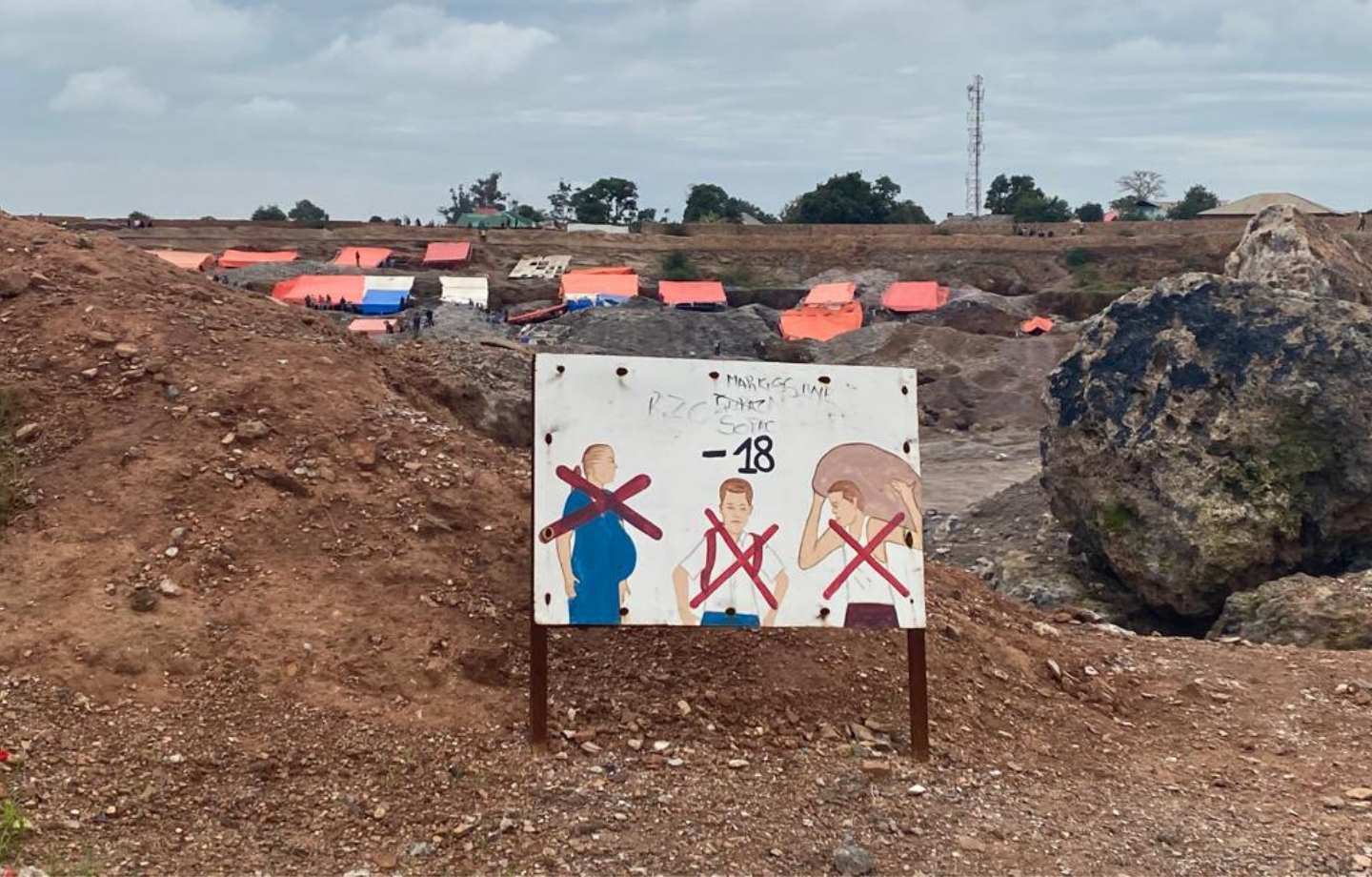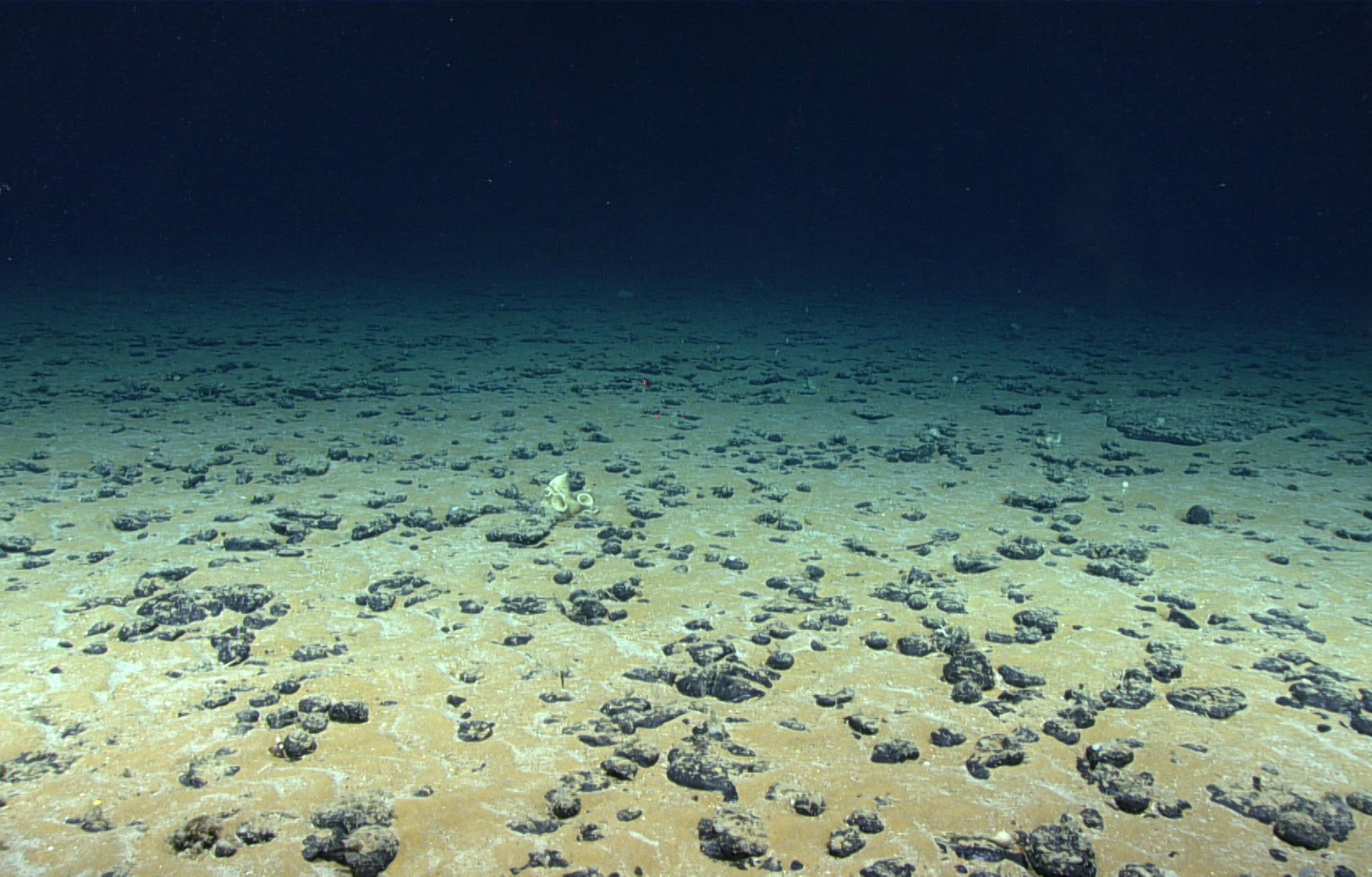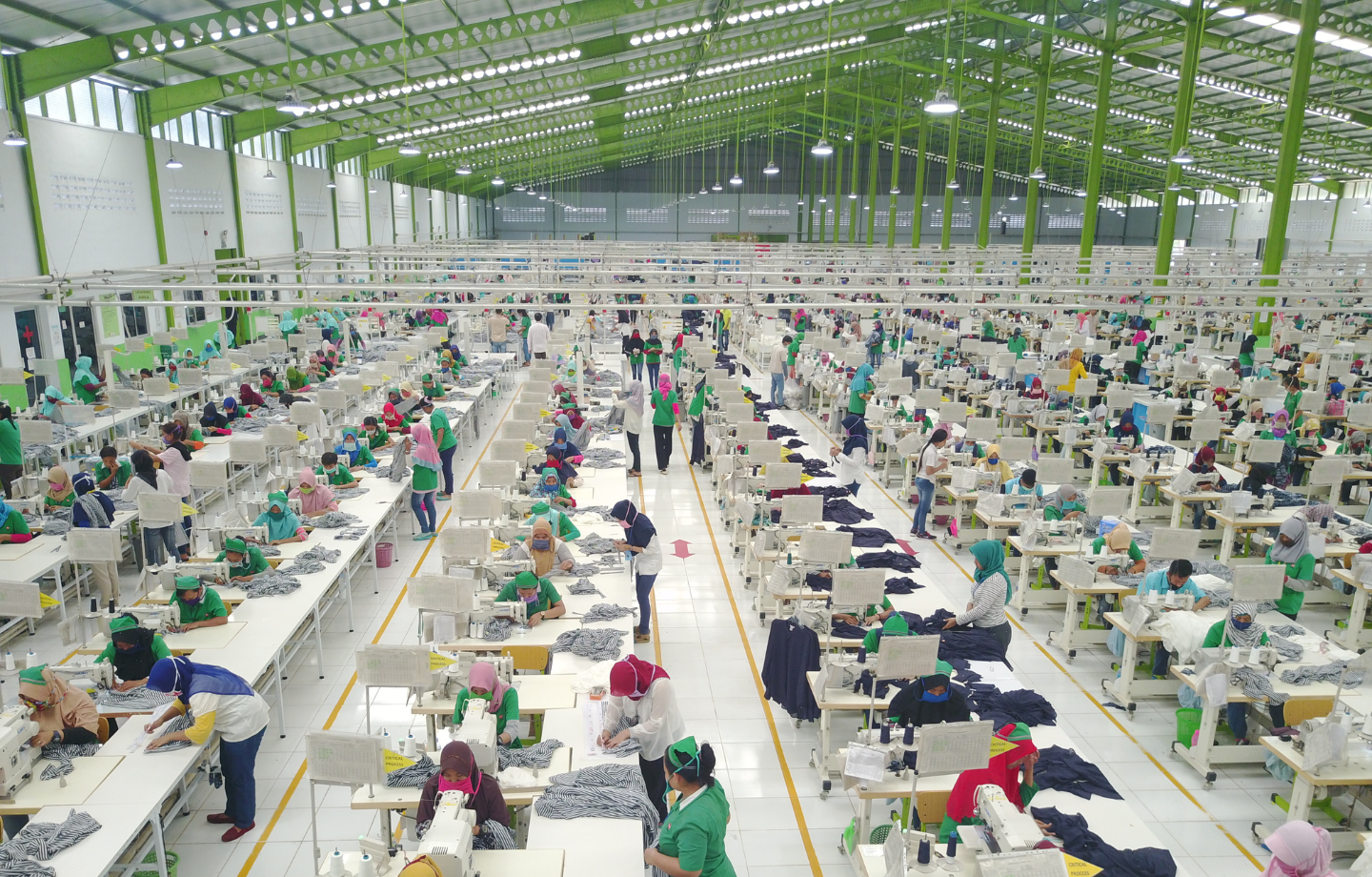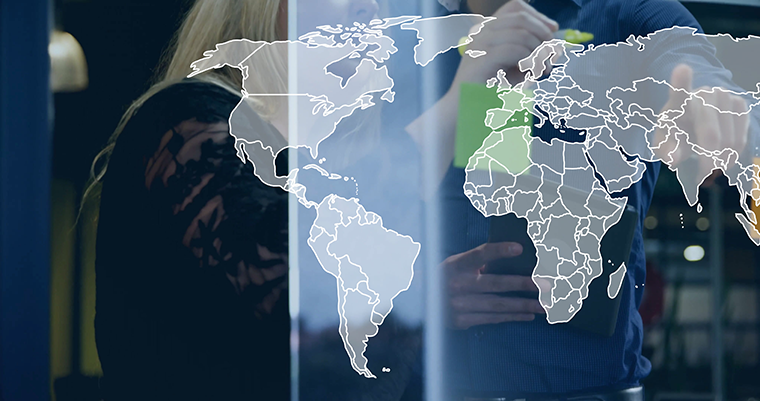How the French Sports Retailer Decathlon Can Learn from Crisis
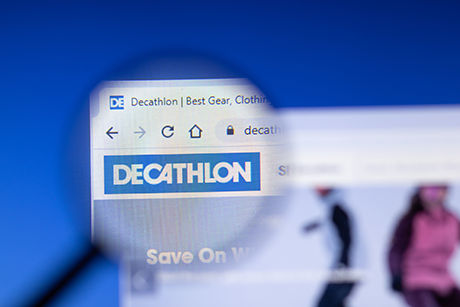
February 13, 2025
Decathlon, the French sports retailer, has been held up as a model for responsible supplier relationships in an industry where outsourcing production and responsibility for labor standards has been the norm. We published a case study in November 2020 outlining how Decathlon’s long-term strategic partnership with suppliers in developing countries and rigorous purchasing practices might be more compatible with responsible business conduct than the short-term transactional sourcing models used by other brands.
However, a series of media exposés by investigative journalists over the past several weeks have called into question how systematic Decathlon’s responsible purchasing model truly is. Consider:
- Based on an undercover investigation in China, Decathlon has been accused of using cotton from Xinjiang and employing underage workers. These allegations may stop Decathlon’s business with the US due to the Uighur Forced Labor Protection Act, which prohibits the import of any products from the Xinjiang region due to the use of forced labor in that part of China.
- A different report traced Decathlon exports via Dubai to Russia, despite the company’s commitment to cease doing business there.
- In Brazil, Decathlon is accused of using leather from a farm that had twice been sanctioned for deforestation. If true, this would be in breach of the new EU Deforestation Regulation.
- In Bangladesh, abuses related to wages, hours, and health and safety were identified at Decathlon suppliers.
The reporting by media outlets such as Disclose, Cash Investigations and Follow The Money raises questions about the legitimacy and integrity of Decathlon’s human rights program.
Decathlon told AFP on Thursday that it “firmly condemns all forms of forced labour” and would “not hesitate to take action and all necessary measures should these claims turn out to be correct”.
What can the company do now to restore credibility? Here are several constructive steps:
- Carefully investigate these allegations, ideally with the help of an independent third party to establish what needs to be done to remediate problems and prevent similar cases in future. Publish the results of the review, remediation, and recommendations.
- Extend the tracing of materials all the way to the farm or mine of origin.
- Join a multi-stakeholder initiative (MSI). Decathlon is one of the few sportswear brands that has not joined an MSI such as the Fair Labor Association (FLA). Joining forces with other brands in the same sector can help to improve compliance along the supply chain. In addition, the FLA provides independent verification of code implementation and remedial action through publicly available reports. This helps to establish trust at a time when greenwashing claims are soaring, and company reports are doubted.
- Work with academia to independently assess whether Decathlon’s sourcing practices yield positive impacts for workers and communities. Define key performance indicators, establish a baseline, and then measure progress over time to evaluate how the company is progressing.
These exposés highlight the importance of ongoing risk assessment, backed by thorough tracing and monitoring of production. Decathlon is a data-driven company and well-placed to extend its due diligence to prevent issues like these from surfacing again.
 Global Labor
Global Labor